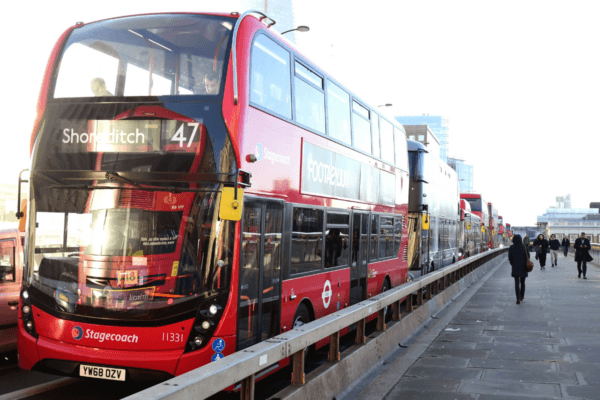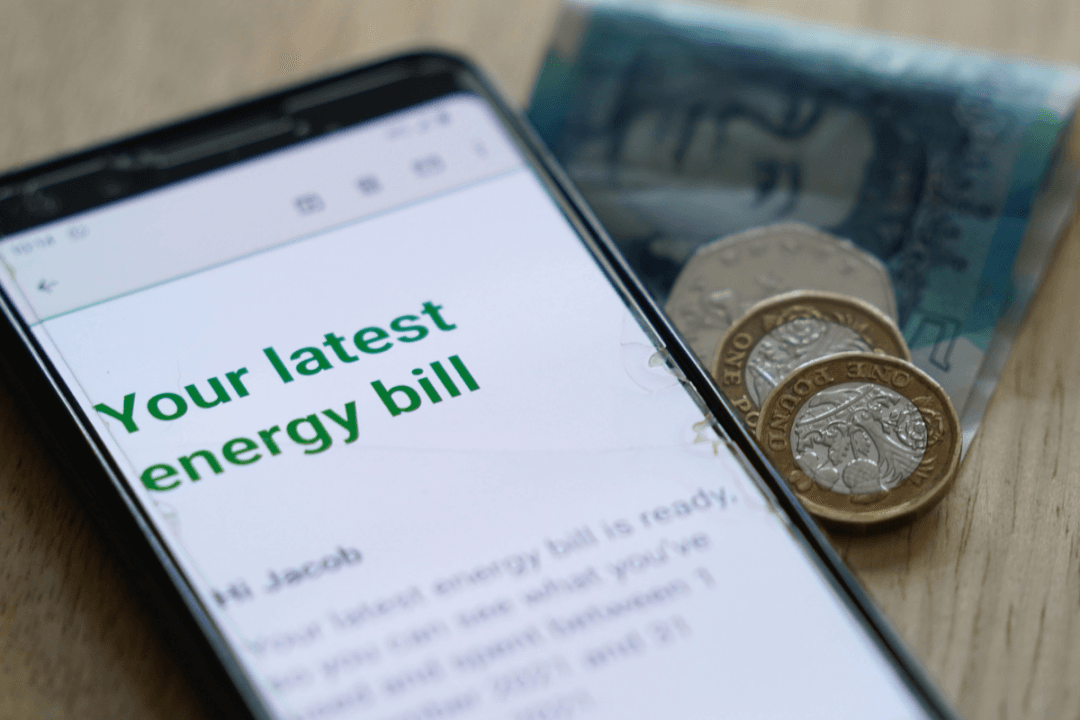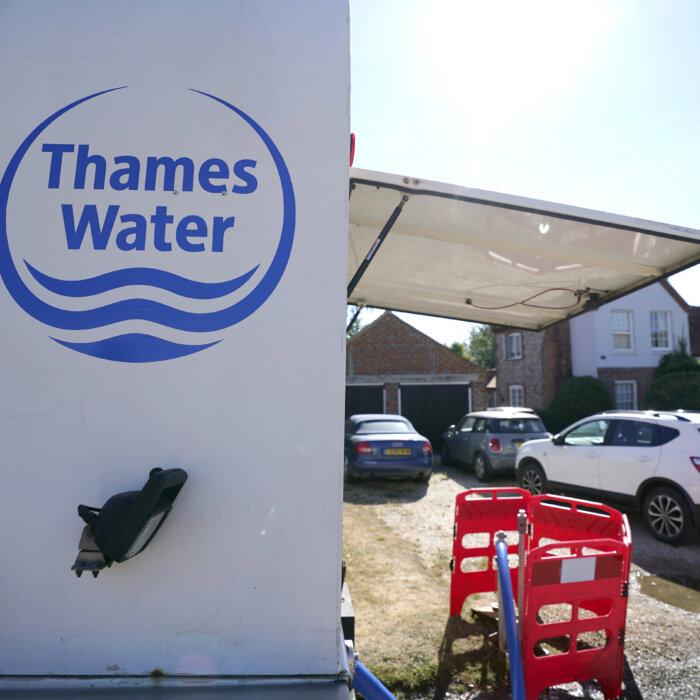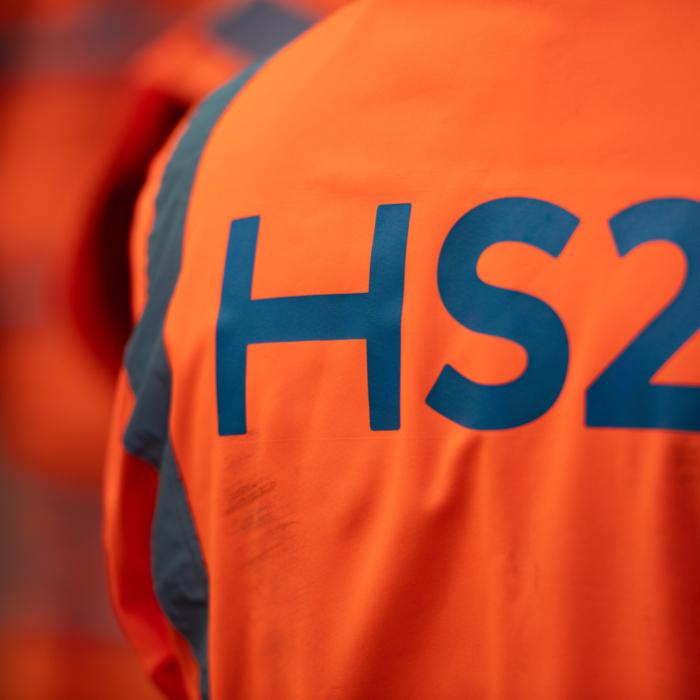Energy bills for homes in England, Wales, and Scotland increased by 1.2 percent on Jan. 1, with analysts predicting a further rise of 3 percent in April.
The energy regulator cited global factors as a reason for the rise, specifically volatility in the Middle East and the Russia–Ukraine war.
In recent days, consumer groups like Money Saving Expert have been urging people to provide an up-to-date meter reading to their energy providers within a few days either side of Jan. 1. This will reduce the risk that suppliers will estimate customers have used more energy at the new higher rate than they actually have.
Which? said on Tuesday that many households will be concerned about price increases, advising them to shop around for deals on tariffs.
Emily Seymour, the Which? energy editor, said: “You should compare what your monthly payments would be on a fixed deal with what you‘d expect them to be if you remain with the price-capped variable tariff to see what the best option is for you. As a rule of thumb, we’d recommend looking for deals cheaper than the price cap, not longer than 12 months and without significant exit fees.”
Seymour added that people concerned with affording bills this winter should contact their energy company as they are obliged to help if customers are struggling to pay their bills.
Predicted 3 Percent Increase
Analyst Cornwall Insight has predicted that the energy cap could climb by 3 percent from April 1, rising from £1,738 to £1,785 a year for a typical dual fuel consumer.Craig Lowrey, principal consultant at Cornwall Insight, said: “The news of a rise in our forecast will be disappointing to households who will no doubt have been hoping for relief from recent cap rises.
“However, the turbulence in wholesale markets—a level of volatility we haven’t seen for months—reminds us to remain cautious of predictions, which could very well increase or decrease several times before the April cap is set.”
‘Costly Start to 2025’
The increase in energy bills is not the only pressure that consumers will be facing in 2025.TV licences will get more expensive from April, going up from £169.50 for a colour set to £174.50, after the government approved a 2.9 percent rise in line with inflation.

Pressure group Campaign for Better Transport has said that this increase “will be a costly start to 2025 for many people.”
Campaign for Better Transport’s Silviya Barrett said: “Buses are our most used form of public transport, so they need to be affordable. The fare cap has proved popular with passengers and helped boost ridership so the Government must now look for a long-term replacement for the scheme from next year to avoid any further rises.”
The Department for Transport said on Wednesday said that the cap increase will continue to ensure millions of people can access affordable bus tickets—with savings being up to 80 percent on some routes—“while offering value for the taxpayer.”
The department added that it was providing more than £150 million to fund the cap this year.







